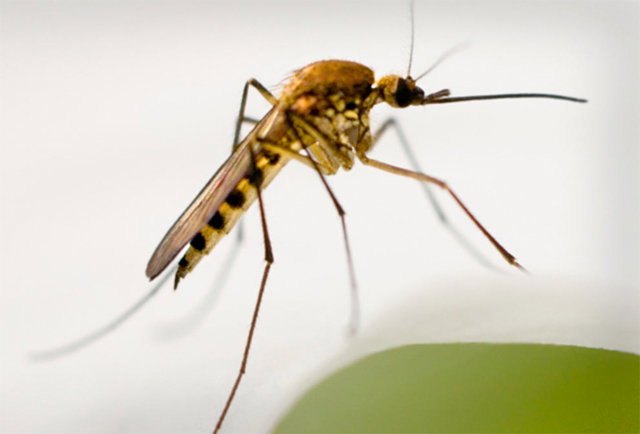West Nile virus risk increases as summer heats up
As summer temperatures increase, so does the risk of West Nile virus. The risk of getting West Nile virus is highest from the end of July through August. There are some important measures people can take to reduce their risk of infection.
West Nile virus is a disease that is spread from infected corvid birds (crows, ravens, magpies, and jays) to humans through mosquito bites. It was first detected in B.C. in the South Okanagan during the summer of 2009. Since thenthere have been four human cases – all in the Okanagan. Last year the virus was detected in horses and birds in the Kootenays, confirming the virus is present there as well. Several parts of Canada and the U.S. continue to report West Nile virus activity.
The risk of becoming seriously ill from West Nile virus infection is low for most people. However, the elderly and those with compromised immune systems are more at risk. There are things everyone can do both at home and while travelling to reduce the risk of infection. Any activity that prevents mosquitoes from biting or breeding can help to reduce the risk of becoming infected with West Nile virus.
- Prevent mosquito breeding around your home. It doesn’t take much time or water for mosquitoes to develop from eggs into adults. Anything that can hold water can be a mosquito breeding area. Identify and remove potential breeding areas on your property – empty saucers under flowerpots; change water in bird baths twice a week; unclog rain gutters; drain tarps, tires, and other debris where rain water may collect; and install a pump in ornamental ponds or stock them with fish. Stagnant backyard pools can be a big source of mosquitoes and should be maintained regularly to prevent mosquito growth.
- Install screens on windows. Screens will help prevent mosquitoes from coming indoors.
- Avoid outdoor activities at dusk and dawn. This is the time of day mosquitoes that can carry the virus are most active.
- Wear protective clothing.If you are in an area with many mosquitoes, wear loose fitting, light coloured, full-length pants, and a long-sleeved shirt.
- Use mosquito repellent. Apply mosquito repellent to areas of exposed skin. Check the product label for instructions on proper use. Repellents containing DEET are safe for those over six months of age when used according to the directions on the label. View the HealthLinkBC file on DEET (http://www.healthlinkbc.ca/healthfiles/hfile96.stm) for guidelines on how frequently to apply repellent. DEET-free products (such as those containing icardin, p-menthane-3, 8-diol /lemon-eucalyptus oil, or soybean oil) are also available, but may not provide as long-lasting protection.
Interior Health works closely with the B.C. Centre for Disease Control and Canadian Blood Services to monitor West Nile virus activity. Surveillance includes screening the blood supply and reporting human and animal cases.






















